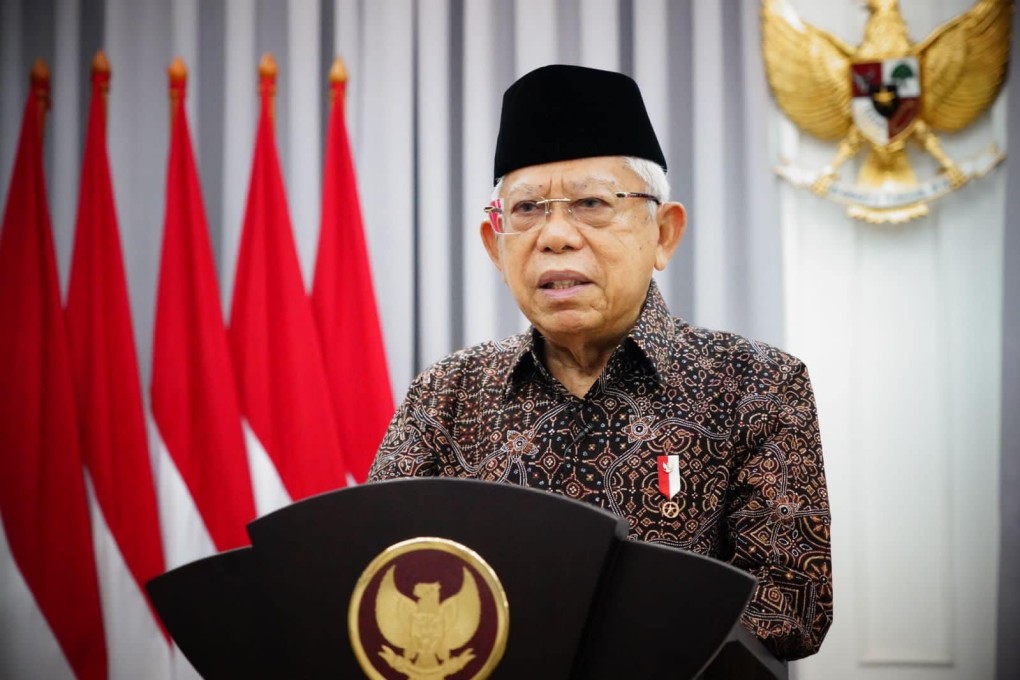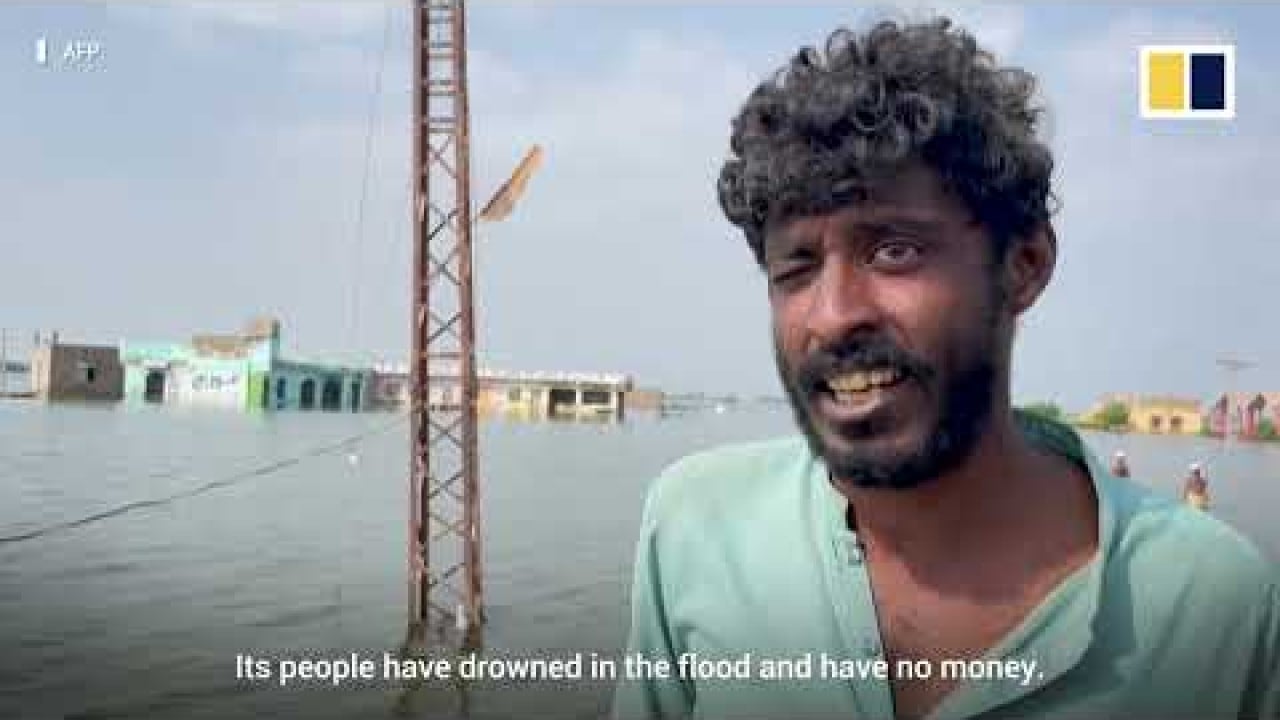Opinion | COP27: How Indonesia can use G20, Asean platforms to take lead in tackling climate change
- In call for real implementation and global support, Indonesia aims to become regional leader in accelerating efforts to protect the Earth
- Countries urged to double financing for climate-affirmative action, facilitate just transition to renewable energy, help poor and marginalised communities

Despite what the world has done since COP26 in Glasgow, there has been insufficient progress. COP27 is even more challenging. Geopolitical tensions, energy and food crises, inflation and financial recession, have the potential to compromise priorities and commitments in mitigating and adapting to climate change.

Indonesia is committed to reducing emissions by 2030 by 31.89 per cent with our own efforts or up to 43.2 per cent with international assistance. Indonesia has also proposed a long-term strategy that explores opportunities on the path to net-zero emissions by 2060 or sooner. Our cross-cutting efforts towards this target include the acceleration of renewable energy transition and initiatives to reduce industrial emissions throughout sectors and supply chains. We are reducing the rate of deforestation and land degradation through reforestation, replanting and peatland water level management, including the restoration of 756,000 hectares of mangrove areas.
But we realise the challenge is enormous, especially in maintaining the balance of reducing emissions with economic growth, equity and building climate resilience. Climate adaptation efforts still have to be improved, including towards food security challenges, ecosystem resilience, water security, energy independence, health, urban and rural settlements, and coastal areas and small islands.
The commitment of Indonesia and other developing countries must be supported by financial and technology transfer commitments of developed countries.

